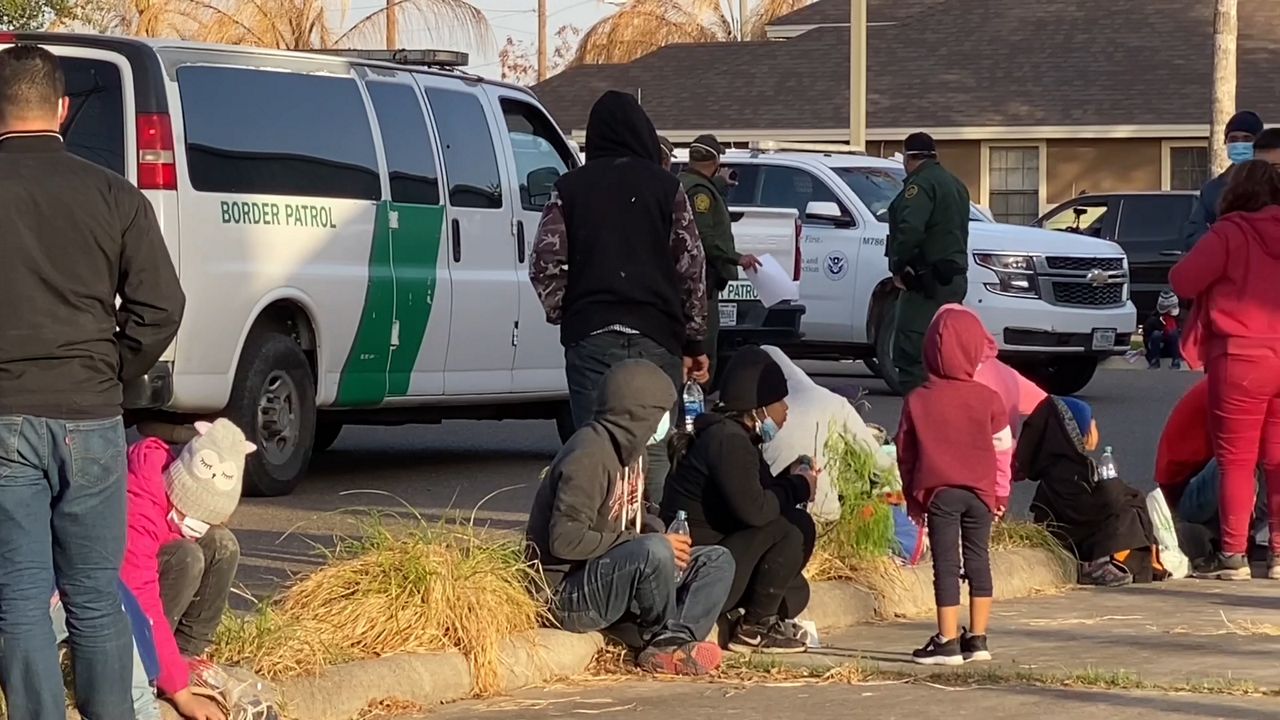WASHINGTON, D.C. — President-elect Donald Trump promised a sweeping overhaul of the U.S. immigration system. Ahead of Trump taking office, House Republicans are ramping up to put those policies in place next year.
What You Need To Know
- President-elect Donald Trump made border security a cornerstone of his campaign
- Rep. Jim Jordan, R-Ohio, is among the Trump allies ramping up to put GOP policies in place next year
- Trump and Jordan both say they want to start mass deportations by focusing on non-citizens with criminal records and those who received a final deportation order but remain in the country
Rep. Jim Jordan, R-Ohio, has been a staunch Trump ally on immigration issues. The firebrand chairman of the House Judiciary Committee spoke at a hearing Wednesday by the Judiciary Subcommittee on Immigration Integrity, Security, and Enforcement to criticize the Biden administration’s handling of border security.
Since President Joe Biden took office four years ago, U.S. Customs and Border Protection (CPB) reported more than 10 million encounters with undocumented migrants. Last year saw a record surge of illegal crossings along the southern border.
“This is, again, just one more reason why I’m so excited that President Trump’s come back to the White House so we can stop some of the strange things that the Biden administration has done relative to immigration,” Jordan told Spectrum News.
Jordan was a co-sponsor of H.R. 2, a bill that would reinstate Trump-era immigration policies such as constructing a border wall and requiring asylum seekers to remain in Mexico while their cases are processed. The bill passed the Republican-led House but was never brought to a vote in the Democrat-led Senate. Jordan said he wants to try passing it again next year, when Republicans will control the House, Senate and White House.
“I think we should pass it in the House as soon as we can early next Congress, and then take what elements we can from that legislation, put that reconciliation package,” he said.
Jordan also wants to end some legal immigration programs, like Temporary Protected Status (TPS) for immigrants from Cuba, Haiti, Nicaragua and Venezuela.
Nearly 530,000 people have been granted the right to live and work in the U.S. through the program, according to CPB. That includes about 12,000 to 15,000 Haitians in Springfield, Ohio. The community there drew national attention over the summer when Donald Trump and JD Vance began pushing unfounded claims that immigrants were stealing and eating pets.
When asked if he thought the TPS program should merely end or if those who had come to the country under the program should also leave, Jordan said he would prioritize deporting other groups first, such as convicted criminals and people who have been given final deportation orders but remain in the country.
“Well, I think we have to look at all that because they’re here under this “special lawful pathway,” some term that the Biden administration created, so I think you have to evaluate it all,” Jordan said. “But, you know, we always get asked a question about, President Trump said he’s going to deport, but he’s I think he’s been clear. We’re going to start with the criminal element. For the second, focus in on the people have already been in front of a judge and the judge said, ‘Sorry, you don’t qualify.’”
There are about 425,000 non-citizens with criminal convictions who are not in the custody of Immigration and Customs Enforcement (ICE), according to the agency. There are roughly 1.4 million people who have been given final deportation orders but have not left the country.



